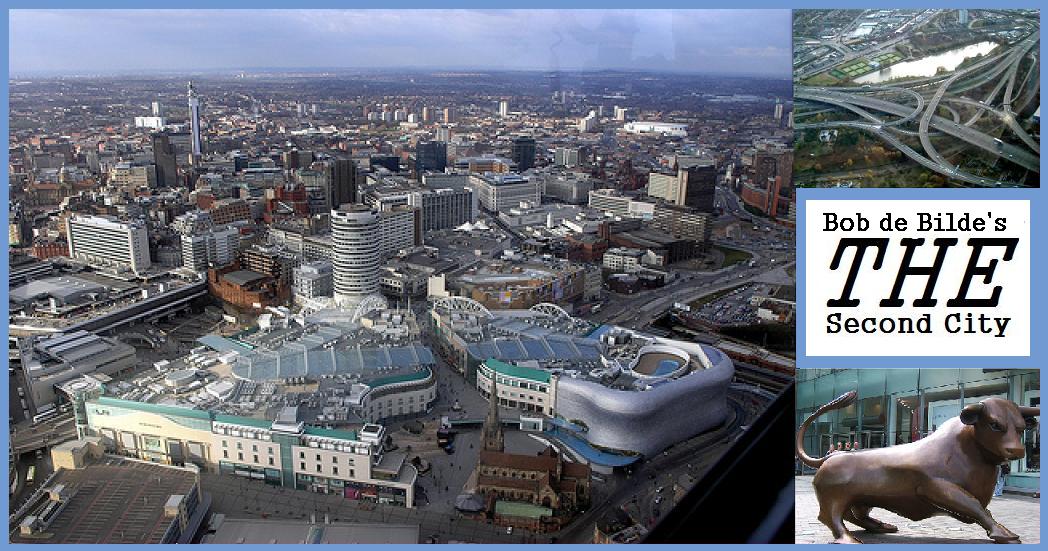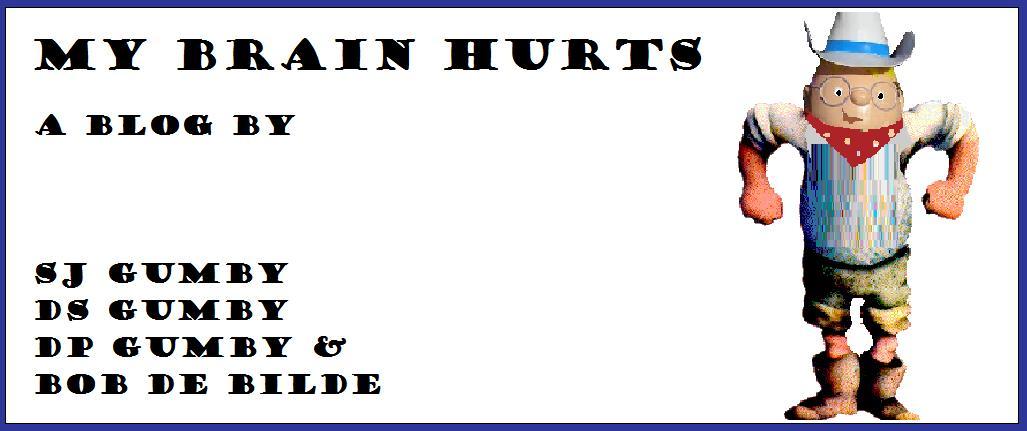Birmingham: The second city
 Birmingham (pronounced /ˈbɝːmɪŋəm/ (
Birmingham (pronounced /ˈbɝːmɪŋəm/ (Birmingham was the powerhouse of the Industrial Revolution in England, a fact which led to it being known as "the workshop of the world" or the "city of a thousand trades". Although Birmingham's industrial importance has declined, it has developed into a national commercial centre, being named as the second-best place in the United Kingdom to locate a business, and the 14th best in Europe by Cushman & Wakefield in 2009. Birmingham is a national hub for conferences, retail and events along with an established high tech, research and development sector, supported by its three Universities. It is also the fourth-most visited city by foreign visitors in the UK.
In 2007, Birmingham was ranked as the 55th-most livable city in the world and the second most livable in the UK, according to the Mercer Index of worldwide standards of living. Birmingham was also one of the founding cities for the Eurocities group and is also sitting as chair. Birmingham has the second-largest city economy in the UK, and was ranked 72nd in the world in 2008.
People from Birmingham are known as 'Brummies', a term derived from the city's nickname of 'Brum'. This comes in turn from the city's dialect name, Brummagem, which may have been derived from one of the city's earlier names, 'Bromwicham'. There is a distinctive Brummie dialect and accent, both of which differ from the adjacent Black Country.
(The picture in this article was taken by me in 2001 and enhanced using the free tool at photofiltre to give the city a claret and blue air)
Wednesday, 24 February 2010
Monday, 22 February 2010
Saturday, 6 February 2010
End of era as Cadbury name melts away

US food giant Kraft has revealed that 75 per cent of Cadbury’s shareholders have now accepted its £11.4 billion offer for the Bournville company.
Passing the threshold means Kraft can de-list Cadbury from the stock market from March 8, more than 40 years after the name first appeared on there.
Kraft has also repeated its call for any remaining hold-out shareholders to accept its 850p a share offer.
Once it secures 90 per cent of the shares, Kraft will be able to buy up the rest automatically. Kraft has already started clearing out Cadbury’s old management, with chairman Roger Carr, chief executive Todd Stitzer and chief financial officer Andrew Bonfield all announcing they will leave in the next few weeks. The Americans are expected to announce their own management team to take over at the Dairy Milk maker by the middle of next month.
Although Kraft boss Irene Rosenfeld has said the deal “will be good for the company, good for the UK and good for British manufacturing jobs”, her comments have failed to appease worried Cadbury workers, including 2,500 in the West Midlands.
The takeover this week triggered protests at Westminster from unions and workers from the company’s Bournville plant in Birmingham. They point to Kraft’s reassurances about the Terry’s factory at York, following the takeover of the Chocolate Orange firm in 1993. The factory was subsequently closed and its work transferred to Poland. And there was little comfort from a meeting on Tuesday night, hours after the deal was finally sealed, between Business Secretary Lord Mandelson and Ms Rosenfeld.
He said later Ms Rosenfeld had told him she expected a net growth in UK jobs following the takeover but he had not been reassured that Cadbury’s brands would continue to be operated from the UK.
The reality of the Kraft takeover will take Cadbury far from its origins in Bull Street, Birmingham, in 1824. It was a family-owned business until 1969, when it first listed on the London Stock Exchange after merging with US drinks business Schweppes.
The founding family remained involved in the business through Adrian Cadbury, who finally retired as Cadbury chairman in 1989, and his brother Dominic, who stepped down as chairman in 2000. After years of growth, Cadbury demerged from Schweppes and sold off its European soft drinks business, to re-emerge as one of the world’s biggest sweets companies two years ago.
Its success, with ever-growing sales in more and more countries, made it an irresistible target for Kraft, which launched its takeover attempt five months ago. Cadbury spurned Kraft’s advances, and the bid went hostile. But the deal was accepted when Kraft added another £1 billion to its offer.
Saturday, 30 January 2010
A new challenge...
I've just agreed to 'ghost write' the David Wilson blog for my old school mate, Dave 'Snooks' Wilson. The URL is http://thedavidwilson.
Thursday, 28 January 2010
The Silver Arse (US translation: The Silver Ass)
The Bull Ring is a major commercial area of Birmingham, England. It has been an important feature of Birmingham since the Middle Ages, when its market was first held. It has been developed into a shopping centre twice; first in the 1960s, and then in the 2000s.
The site is located on the edge of the sandstone city ridge which results in the steep gradient towards Digbeth. The slope drops approximately 15 metres (49.2 ft) from New Street to St Martin's Church.
Was it my multi-blogged moan?
Was it my multi-blogged moan that un-locked my new blog http://sequels-and-trilogies.
I know that blogger took the full 20 days to un-lock a blog of a friend of mine. Now his block WAS highly political but there should be no difference.
Perhaps it was my genuine threat to move to wordpress?
Who knows?
Thank You blogger for acting quickly
Bob de Bilde
Tuesday, 26 January 2010
Bob de Bilde gets his 15 minutes of fame...
on IS A C*NT...
http://isacunt.blogspot.com/
Thanks to GOT & the crew



















































